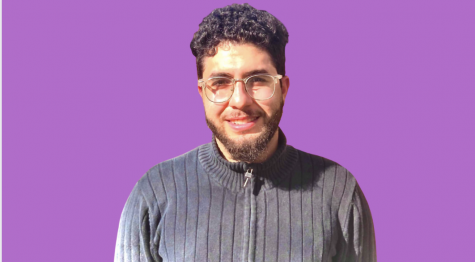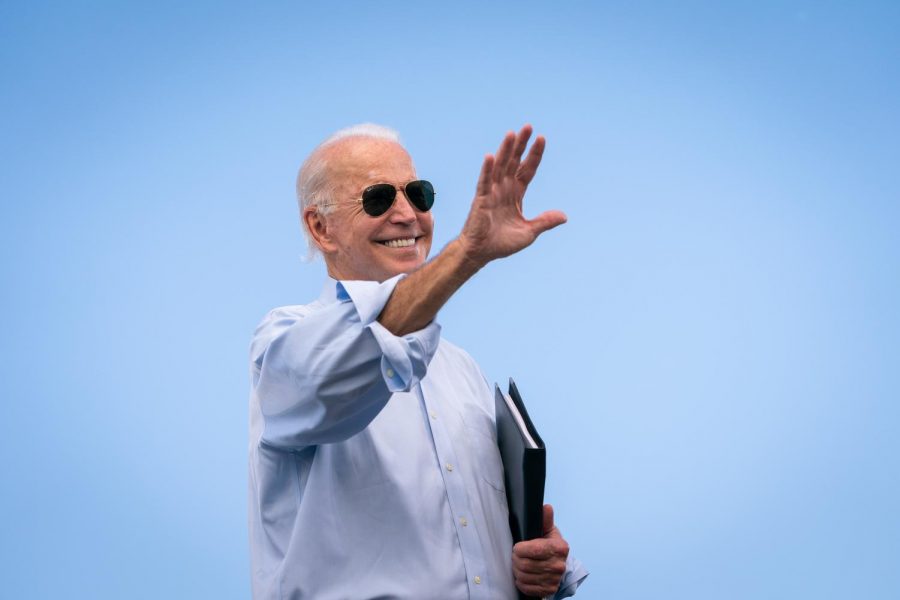President Biden’s Goals for Free Community College
President Biden discusses his first 100 days in office and further plans in joint session.
Joe Biden gave the first joint-session address of his presidency to Congress on Wednesday, April 28, appearing directly at the U.S. capitol to discuss the efforts by the administration in his first 100 days. He introduced a historical spending bill aimed towards families as well as the remaining policies to fully combat the COVID-19 pandemic.
The president introduced the American Families Plan along with the American Jobs Plan which focus on education, family care and jobs.
He highlighted the need for more education beyond the standard K-12 system, adding four more years—two years of state sponsored Pre-K as well as two years of free community college. He remarked how his wife, Dr. Jill Biden, is a community college professor herself and will be leading the initiative.
Biden also emphasized the jobs aspect of the AJP, noting that in the struggle against climate change, jobs will need to be created to transition away from fossil fuels and will be created for American workers. The president said that of the jobs created by the plan “90% don’t require a college degree, 75% don’t require an associate degree.”
“The American Jobs Plan is a blue-collar blueprint to build back America,” he said.
Biden highlighted other socially-focused policies such as a child healthcare proposal, a Medicaid expansion as well as lower prescription drug prices.
He explained to Congress that these proposals would be paid for by increasing tax brackets for those earning above $400,000 yearly; this would affect the top one-third of 1% of the population. The president said that this would pay for itself in infrastructure and jobs growth without adding to the deficit, whereas his predecessor’s previous tax cuts of 2017 added two-trillion dollars to the deficit.
Biden reiterated the effects of the American Rescue Plan, which was the first big spending bill passed on March 10. Since passing, the bill has resulted in 230 million Americans receiving coronavirus vaccine shots in the first 100 days. Additionally, the U.S. has opened vaccine sites five miles away from 90% of Americans. Biden also boasted the decrease of the COVID-19 death rate among seniors by 80% and his ability to deliver $1,400 stimulus checks to the American people—although he promised $2,000 on the campaign trail.
President Biden introduced the AFP by talking about what he saw as the inflection point for America as a consensus-based democracy and the importance to meet the pressing needs of both the country and the world.
He made repeated references to autocracies, governments ruled by a single person or small groups of people, and how they were watching the U.S. and hoping for failure. He said that by meeting and addressing the simple standards of accessible education, healthcare and job security; America would show that democracy was not in decline.
Bident also addressed the issues of police brutality, gun violence and gendered violence.
He addressed each issue’s respective bill, the George Floyd Act, common sense gun reform legislation and the Violence Against Women Act, that have been passed in the House and sent to the Senate in which he urges them to pass. The President added that these steps to equity and inclusion were necessary to show to autocratic leaders that America is fully capable of performance at home and abroad.
Biden repeatedly pointed towards the advancements of other countries’ technologies, medical operations and security that are quickly outpacing the U.S. as impetus for the U.S. to reassert its dominance and presence in world bodies. Referring to the Paris Climate Accord and vaccine diplomacy, Biden said the U.S must be an “arsenal for vaccines for other countries, the way it’s an arsenal for democracy.”



